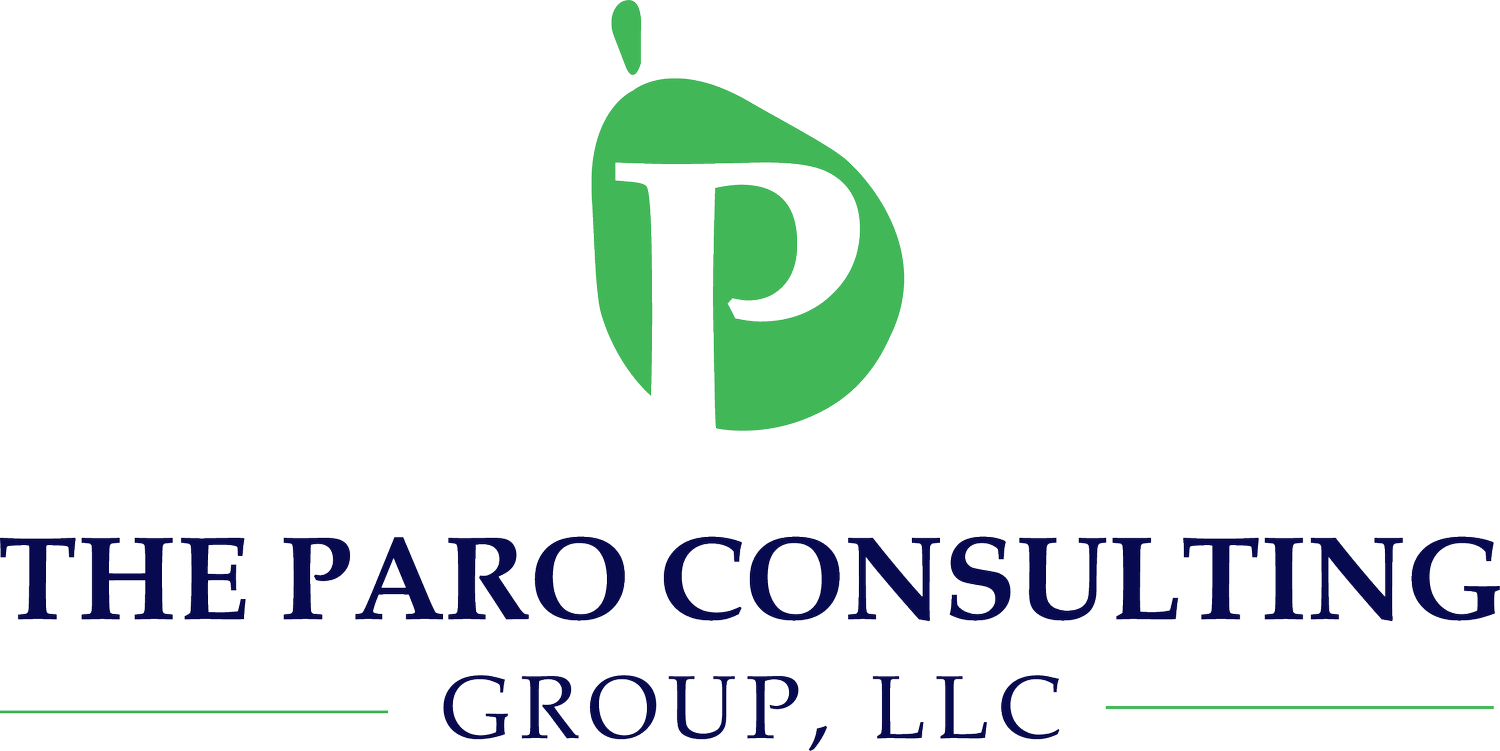The Importance of Strategic Planning for Non-Profits: Setting a Course for Success
For non-profit organizations, strategic planning is a process that charts the path to achieving their mission and long-term goals. It involves assessing the current landscape, defining objectives, and outlining actionable strategies to maximize impact. This blog post will explore the significance of strategic planning for non-profits and how it can set the stage for sustainable success.
Vision and Clarity:
Strategic planning provides non-profits with a clear vision of their purpose and direction. It helps articulate the organization's mission, values, and goals, ensuring all stakeholders are aligned. By clearly defining the organization's purpose, strategic planning ensures that every decision, program, and initiative aligns with the broader mission, driving focused and impactful actions.
Alignment of Resources:
Effective resource allocation is crucial for non-profits, which often operate with limited budgets and staff. Strategic planning enables organizations to align their resources with their strategic priorities. It helps identify the most critical investment areas, allowing the non-profits to optimize their financial, human, and operational resources for maximum impact. By strategically aligning resources, non-profits can maximize their available assets and avoid wasteful expenditures.
Adaptation to Changing Environment:
The external environment in which non-profits operate is constantly evolving. Strategic planning allows organizations to anticipate and adapt to these changes. It encourages a proactive approach, enabling non-profits to identify emerging trends, anticipate challenges, and seize new opportunities. Organizations can stay agile and responsive by regularly revisiting and updating their strategic plans, ensuring their relevance and effectiveness over time.
Stakeholder Engagement:
Strategic planning provides an excellent opportunity for non-profits to engage with their stakeholders, including board members, staff, volunteers, donors, and beneficiaries. Involving these stakeholders in the planning process fosters a sense of ownership, collaboration, and shared commitment to the organization's mission. It also allows non-profits to gather diverse perspectives and insights, enhancing the quality and relevance of the strategic plan.
Measurement of Progress and Impact:
A well-defined strategic plan includes measurable goals and objectives. It provides a framework for monitoring and evaluating progress towards these targets. By regularly tracking key performance indicators and assessing the impact of their programs, non-profits can make informed decisions and adjustments as needed. Strategic planning facilitates a culture of continuous improvement, ensuring that organizations stay accountable and focused on achieving meaningful outcomes.
Conclusion:
Strategic planning is essential for non-profit organizations seeking to maximize their impact and long-term sustainability. It provides clarity, aligns resources, enables adaptation, engages stakeholders, and allows for effective measurement of progress and impact. By investing in strategic planning, non-profits can set a course for success and ensure their efforts are focused, relevant, and impactful.
Ready to embark on a strategic planning journey for your non-profit organization? Book a discovery call with our team at The Paro Consulting Group. Our experienced consultants can guide you through the strategic planning process, helping you define your vision, align resources, engage stakeholders, and create a roadmap for success. Contact us today, and let's take your non-profit to new heights.
